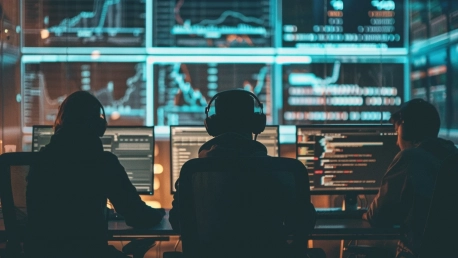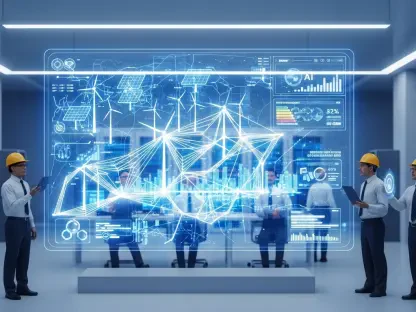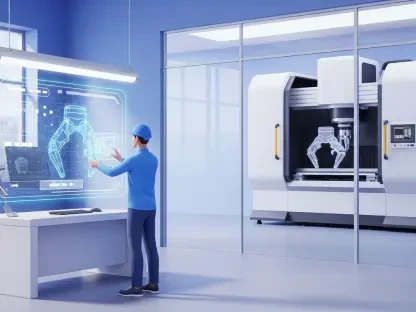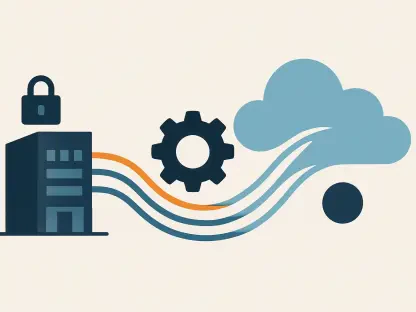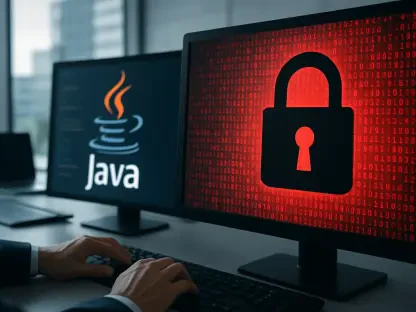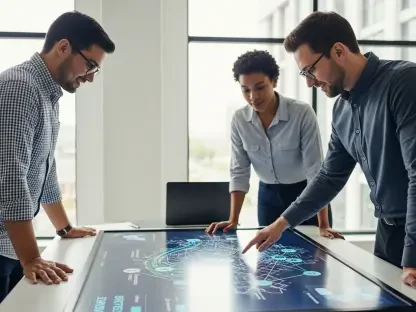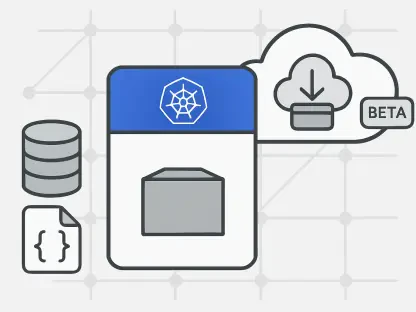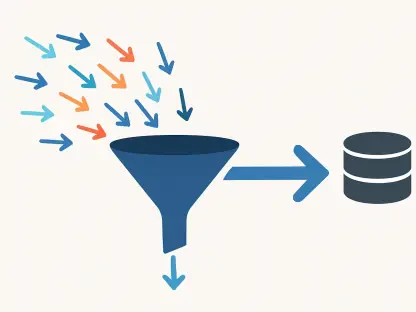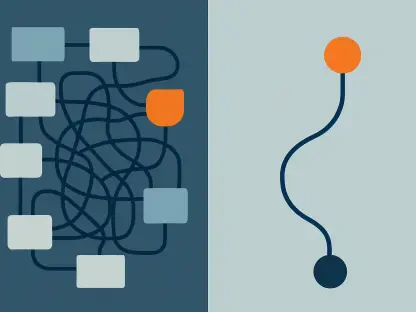The ever-evolving landscape of DevSecOps and platform engineering is undergoing significant changes, particularly with advancements in artificial intelligence (AI) being integrated into development workflows. This article delves into recent updates from Digital.ai, exploring whether AI will replace DevOps engineers and the implications of such technological shifts on traditional development practices.
Digital.ai’s Erawan Release: A Game Changer
A major development in this field is Digital.ai’s latest release of its DevSecOps platform, known as the Erawan release. This upgrade introduces automation in application security and seamlessly integrates with Backstage, an open-source internal developer platform initially developed by Spotify and now under the Cloud Native Computing Foundation’s guidance. Moreover, Digital.ai enhances its integration with Microsoft Azure, facilitating the validation and management of Helm charts, thus streamlining cloud operations further.Derek Holt, CEO of Digital.ai, remarks on the accelerating pace of application development, crediting generative AI tools. Holt stresses that organizations must revise their DevSecOps workflows to incorporate platforms with robust governance capabilities to ensure that only thoroughly reviewed and tested codes reach production environments. The platform aims to simplify the management of rapidly expanding code bases using generative AI tools, building upon a Digital.ai Intelligence data lake that leverages predictive machine learning algorithms from both Digital.ai and third-party sources.
The Shift Towards Integrated DevSecOps Platforms
Another significant trend highlighted is the movement towards single, integrated DevSecOps platforms that encompass capabilities formerly seen in discrete tools. This consolidated approach facilitates the large-scale management of DevSecOps workflows and aligns with the methodology of platform engineering.Additionally, Digital.ai’s strategy acknowledges the growing complexity of hybrid application development environments. Applying software engineering intelligence across normalized data is becoming crucial, especially as organizations face increased scrutiny and accountability for application security from global governments. The anticipated proliferation of custom applications due to AI-assisted development underscores the importance of adopting best DevSecOps practices.
Challenges and Responsibilities in the AI Era
The rapidly changing fields of DevSecOps and platform engineering are currently experiencing significant transformations due to the integration of artificial intelligence (AI) into development workflows. This modernization is reshaping traditional methods and practices, raising important questions about the future role of DevOps engineers. In a detailed analysis, this article reviews recent updates from Digital.ai, examining whether AI has the potential to replace human engineers and the broader implications of this technological evolution. With AI increasingly handling routine and complex tasks, there’s a growing conversation around its potential to optimize productivity, streamline processes, and even innovate beyond the current capabilities of human engineers. However, this shift also poses challenges, such as the need for engineers to upskill and adapt to new technologies while maintaining control over the development process. Additionally, ethical considerations arise concerning job displacement and the balance between human oversight and machine autonomy. As we stand on the brink of this new frontier, it’s crucial to understand the potential impacts, both positive and negative, that AI integration may have on DevSecOps and the broader engineering landscape.
